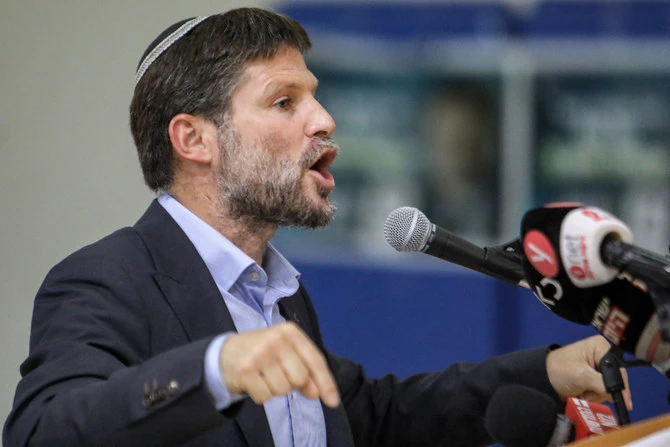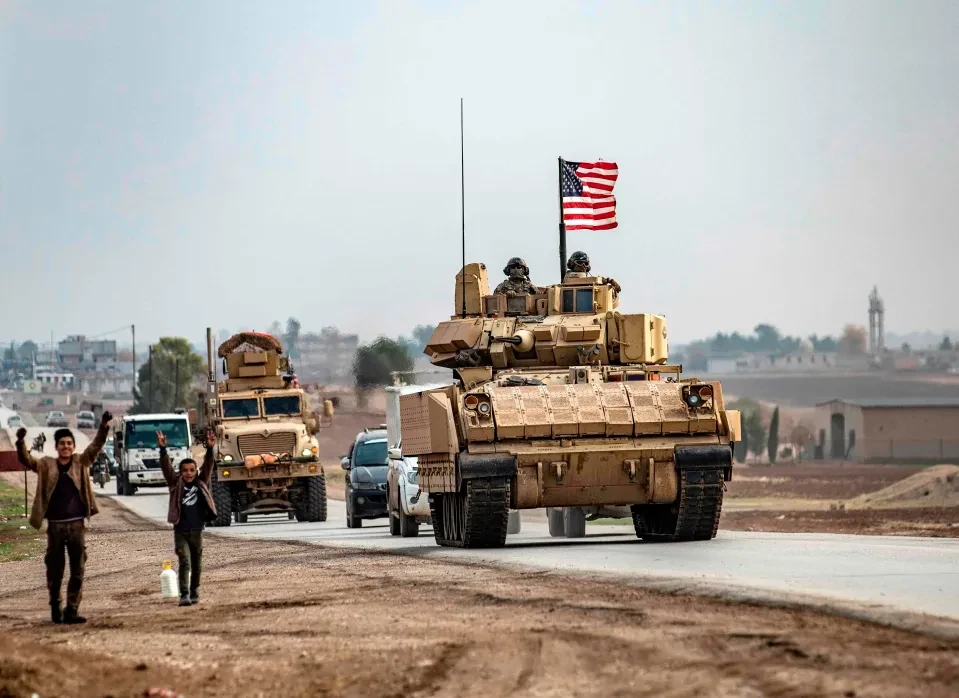Israeli minister calls for ‘red line,’ rejects prisoner release in potential Gaza cease-fire
 Bezalel Smotrich, Israeli far-right lawmaker and leader of the Religious Zionist Party, speaks during a rally with supporters in the southern Israeli city of Sderot on October 26, 2022. (AFP Photo)
Bezalel Smotrich, Israeli far-right lawmaker and leader of the Religious Zionist Party, speaks during a rally with supporters in the southern Israeli city of Sderot on October 26, 2022. (AFP Photo)
Israeli Finance Minister Bezalel Smotrich strongly opposed any potential cease-fire agreement with Hamas in Gaza that includes the release of Palestinian prisoners.
Smotrich described such a release as a “terrible and horrific event,” declaring, “I will not agree to it; a red line must be drawn.”
Humanitarian Crisis in Gaza
Since the cross-border attack on Oct.7, which resulted in the deaths of 1,200 Israelis and the capture of approximately 250 hostages, Israel has responded with military actions that have killed over 38,000 Palestinians.
These actions have led to a humanitarian crisis and ongoing allegations of genocide being examined by the International Court of Justice.
Prisoner exchange concerns
Tel Aviv estimates that 120 Israelis remain held captive in Gaza, a situation exacerbated by Hamas’ claims of casualties because of Israeli airstrikes. Conversely, Israel currently detains at least 9,500 Palestinians in its prisons.
Historical context
Smotrich referenced the 2011 exchange of Israeli soldier Gilad Shalit for 1,027 Palestinian prisoners, including Yahya Sinwar, a current Hamas leader. “We saw what happened in the deal for Gilad Shalit. We released Yahya Sinwar, and we see what we got in return,” Smotrich said.
With what logic will we release the next Yahya Sinwar and endanger thousands more Israelis?
Bezalel Smotrich
Political stance
As the leader of the far-right Religious Zionist Party, Smotrich made it clear he would oppose any such deal, even if it jeopardized his political career.
“If there are no red lines, you have no right to practice politics,” he stated, criticizing the security establishment for pursuing what he described as an illegal deal.
Ongoing mediation efforts
For months, the US, Qatar, and Egypt have been mediating efforts to reach an agreement between Israel and Hamas that would ensure a hostage exchange and a cease-fire in Gaza.
However, Smotrich’s firm stance against releasing Palestinian prisoners poses a significant challenge to these negotiations.



